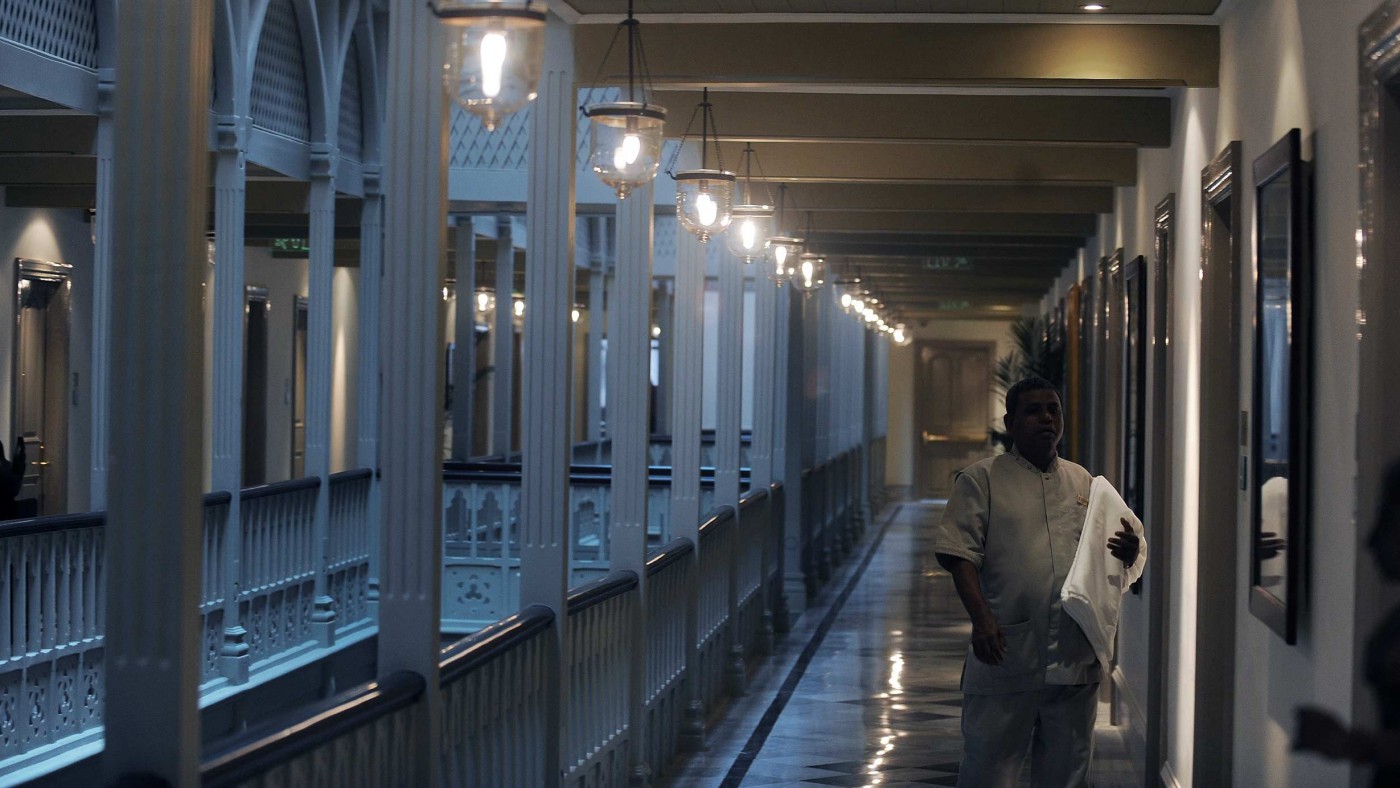Travellers on a budget across Europe wouldn’t be surprised to book a hotel room featuring “TV, spotless linen, complimentary breakfast, free Wi-Fi and hygienic washrooms” – after all, good quality low-cost hotel chains are the norm. In a country such as India, however, this is a big deal. There is no guarantee of finding rooms with such services, which are usually offered only by high-end hotels.
Anyone who has travelled in the country – or, for that matter, who has watched The Best Exotic Marigold Hotel – knows what nasty surprises can hide behind the doors of Indian budget hotel rooms. In the film, a group of British retirees travel to India expecting to stay in a comfortable, newly refurbished hotel. Upon their arrival, however, they find themselves in a decrepit building managed by a teenager. The travellers eventually adapt to the lack of basic services and learn to love the hotel, and the film has a predictable happy ending. But that is a film, of course.
Since 2013, however, a young businessman has been leading a quiet but significant revolution in Indian hospitality.
Frustrated by the shabbiness of India hotel standards, the teenager Ritesh Argwal decided to set about changing things the BBC reported today. In a few years, he set up OYO Rooms,http://www.oyorooms.com/
Let us imagine a different scenario: the Indian government realises that budget hotel standards are very low, and decides to do something about it. It delegates the task to the Ministry of Tourism, which launches a consultation to study the current situation and propose improvements. Fast-forward five years and the task force is still holding meetings and doing research. Funds, from taxpayers, have been allocated but as it is a state-run project cronyism comes into play and much of the money is wasted or goes to those who have friends in government. Dissatisfied hotel customers still sleep on torn mattresses.
Certainly setting up an independent business in a country with a bureaucracy like India’s is not simple either, as Argwal told the BBC. It is not yet easy to set up a bank account, employ staff and make yourself credible as an entrepreneur at 21. But Argwal made it, despite people calling him ‘crazy’ and ridiculing his idea – and he proved them wrong.
Of course, this is a small success business story compared to the scale of India’s economy. But it illustrates well the perks of capitalism in its purest form: provide bright and determined individuals with a small capital and let them set up, develop and upscale their business idea. Improvements follow, profits result if customers like what they are offered and the business is run well, jobs are created, profits are transmitted through the financial system to others who have a good idea and want to borrow or attract investment, and hotel guests get a more pleasant stay and a good night’s sleep.


